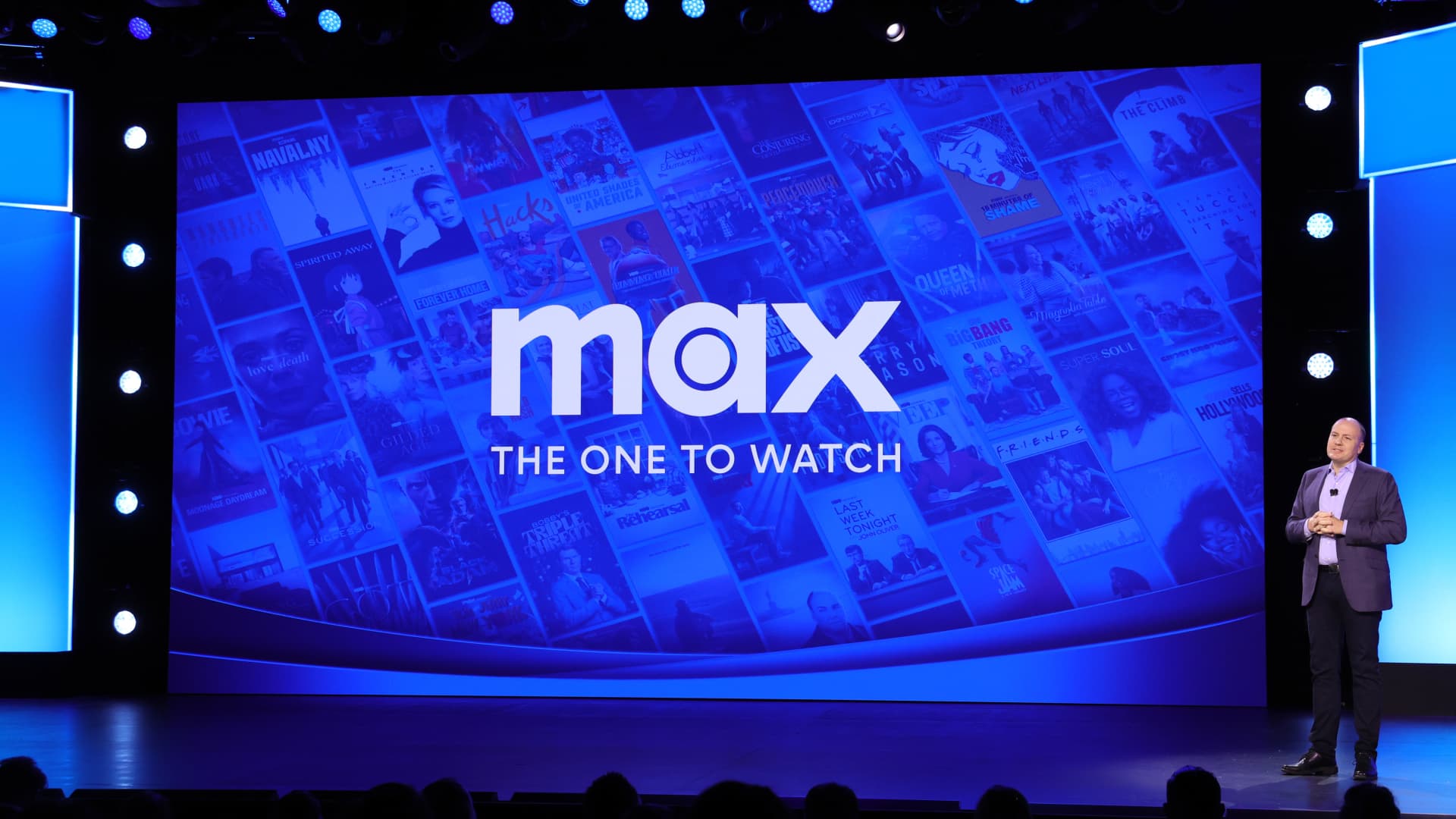Kevin Mazur | Getty Images Entertainment | Getty ImagesWarner Bros. Discovery reported second-quarter results Thursday that fell below Wall Street exp
Kevin Mazur | Getty Images Entertainment | Getty Images
Warner Bros. Discovery reported second-quarter results Thursday that fell below Wall Street expectations across the board and revealed subscriber totals that were down from the previous quarter.
Global direct-to-consumer streaming subscribers at the end of the period were 95.8 million, below the 96.7 million subscribers analysts were expecting according to StreetAccount, and a decrease of nearly 2 million from the end of the first quarter.
The company launched its combined Max streaming service during the second quarter, merging HBO content with unscripted hits from the Discovery networks into one platform.
Customers dropping their Discovery+ subscriptions for Max was likely to blame for the drop in subscribers. Data provider Antenna estimated that Discovery+ cancellations were up about 68% compared to June 2022 due to the switchover to Max.
Still, the company said it had repaid $1.6 billion in debt during the quarter and announced a tender offer aimed to pay down up to $2.7 billion more.
It follows a tender offer from June, which also drove the stock. Paying down its heavy debt load stemming from the 2022 merger of Warner Bros. and Discovery has been a focus as the company looks to return to investment grade status by the end of the year.
The company ended the second quarter with $47.8 billion in debt and $3.1 billion in cash on hand.
Here’s what the company reported for the quarter ended June 30, versus analysts’ estimates, according to Refinitiv:
- Loss per share: 51 cents vs. 38 cents expected
- Revenue: $10.36 billion vs. $10.44 billion expected
Warner Bros. Discovery reported a net loss of $1.24 billion, or 51 cents per share, a sharp improvement from a net loss of $3.42 billion, or $1.50 per share, a year earlier.
Revenue of $10.36 billion was 5% higher year over year on an actual basis, but 4% lower when taking into account the impact of foreign currency and the merger, which closed in early last year.
Similar to its peers, Warner Bros. Discovery has been working to make its streaming business profitable.
The company’s direct-to-consumer streaming segment turned a profit for the first time during the first quarter of this year, but posted a loss of $3 million for the second quarter. Company executives had warned of that reversal, citing costs associated with the Max launch.
Executives had been planning to combine the two streamers for more than a year as part of the rationale for the merger between Warner Bros. and Discovery. The pricing for subscribers has so far remained the same – $9.99 a month with commercials and $15.99 a month without ads.
Warner Bros. Discovery’s studios dragged down earnings, with total revenue for the segment down 8% to $2.58 billion compared to last year, when the company had a stronger film slate that included “The Batman.”
This past quarter “The Flash” was released in theaters, a flop that barely topped $100 million at domestic box office.
Meanwhile the networks segment was essentially flat at $5.76 billion, as advertising revenue dropped for the segment due to the falling number of traditional cable TV subscribers and the soft ad market.
The weak ad market, due to the uncertain macroeconomic environment, has been weighing on Warner Bros. Discovery and its media peers in recent quarters. The rate of cord cutting has also accelerated.
Company executives have previously said they are sticking with the goal of lowering its debt-to-EBITDA leverage to below four times. Any meaningful cash generation will likely go toward repaying its debt, CNBC previously reported.
Cost cutting initiatives including layoffs and content-spending reductions, as well as licensing out more content, has driven adjusted EBITDA — which was up almost 30% to $2.15 billion during the quarter — and cash generation.
www.cnbc.com
